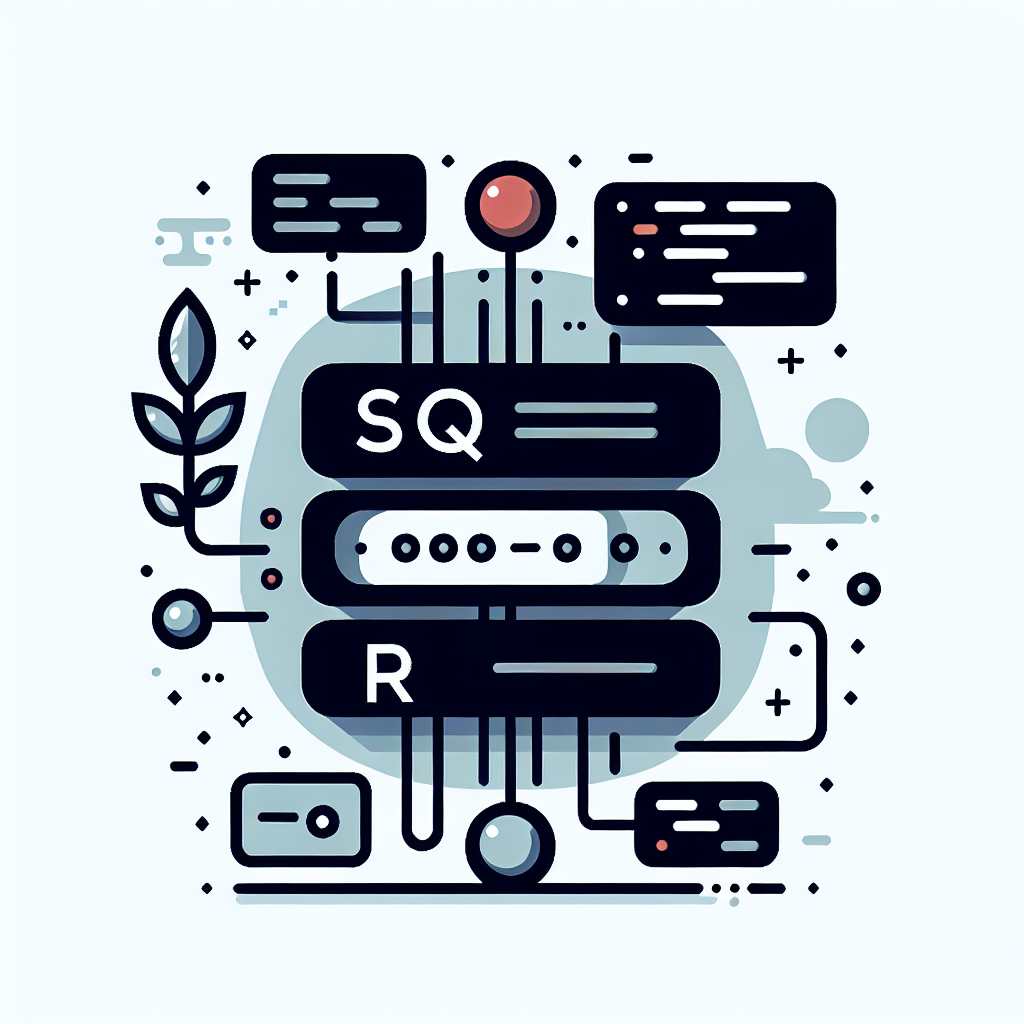Convert SQL to R Code Easily with Our Powerful Tool
Transform your SQL queries into R code effortlessly with our intuitive tool. Boost productivity and streamline data analysis with seamless SQL to R conversion.
Source Code
Converted Code
Output will appear here...
Effortlessly convert SQL queries to R code with SQL to R, a powerful tool designed for data analysts and developers. Streamline your data analysis workflow by transforming complex SQL scripts into R scripts, enabling seamless integration with Rs statistical capabilities. Enhance productivity and ensure compatibility with this essential resource for data science projects.

SQL to R Conversion Tool Link to this section #
The SQL to R conversion tool is designed to seamlessly translate SQL queries into R code, enabling data analysts and data scientists to leverage R's statistical computing capabilities while utilizing familiar SQL syntax. This tool is particularly useful for professionals transitioning from SQL to R or those working in a hybrid environment.
Key Features Link to this section #
- Query Translation: Convert complex SQL queries, including
SELECT,JOIN,WHERE, andGROUP BYclauses, into equivalent R code. - Data Manipulation: Use R's
dplyrpackage for data manipulation, ensuring efficient and readable code. - Interactive Environment: Test and refine R code interactively within an R environment or RStudio.
Code Example Link to this section #
Here's a basic conversion example:
SQL Query:
SELECT name, age FROM employees WHERE department = 'Sales';
R Code:
library(dplyr)
employees %>%
filter(department == 'Sales') %>%
select(name, age)
Benefits of Using the Tool Link to this section #
- Efficiency: Automate the conversion process, saving time and reducing manual errors.
- Enhanced Analytics: Utilize R's powerful analytics libraries such as
ggplot2andtidyversepost conversion. - Cross-Platform Compatibility: Work across different database systems and R environments seamlessly.
Related Concepts Link to this section #
- Data Wrangling: Enhance your data preprocessing tasks with R's capabilities.
- R Data Frames: Understand how SQL tables translate into R data frames for intuitive data handling.
- Statistical Analysis: Leverage R's statistical functions to perform advanced analyses on your converted datasets.
For additional learning resources on SQL and R integration, consider exploring RStudio and DataCamp for comprehensive tutorials and courses.
By utilizing the SQL to R conversion tool, users can bridge their SQL knowledge with R's advanced data analysis capabilities, facilitating a more robust and flexible data analysis workflow.
Frequently Asked Questions
How do I connect an SQL database to R?
To connect an SQL database to R, you can use packages like RMySQL, RPostgreSQL, or RSQLite, depending on your database type. You need to install the package, load it using `library()`, and then use functions like `dbConnect()` to establish a connection by providing necessary credentials and connection details.
What are the common ways to import SQL data into R for analysis?
You can import SQL data into R by establishing a connection to the database using packages like DBI and then using `dbGetQuery()` to run SQL queries directly from R. Alternatively, you can fetch data using `dbReadTable()` if you want to import an entire table.
Can I execute SQL queries directly within R?
Yes, you can execute SQL queries directly within R using packages like sqldf or by using the `dbGetQuery()` function from the DBI package. These tools allow you to write SQL syntax within R scripts to manipulate and query data stored in an SQL database.